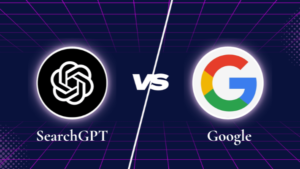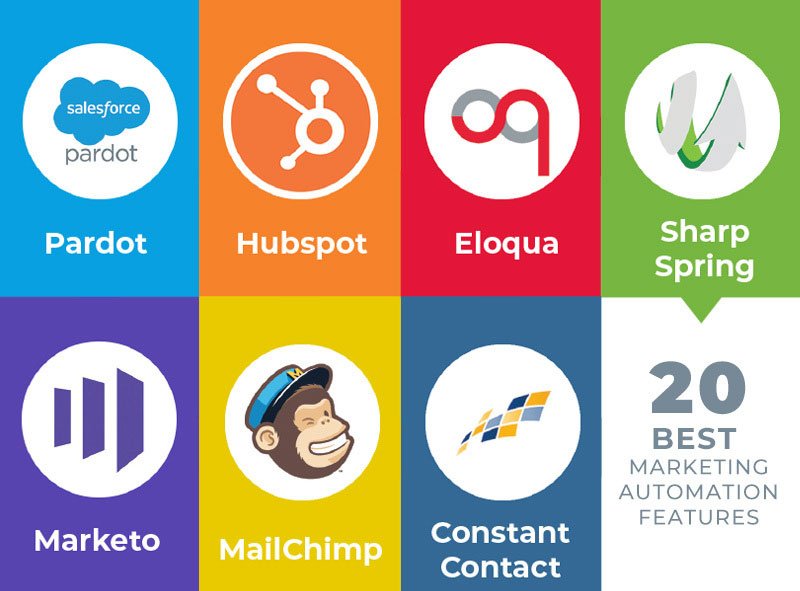- The comparison of search engines has taken on new significance with the introduction of OpenAI’s SearchGPT, which launched in July 2024 to a select group of test users. Since then, it has been included in ChatGPT for Plus and Team subscribers, and the plan is to expand availability to free users by early 2025. The launch happens at a time when the search landscape is rapidly evolving, with AI-powered search engines like Google and Bing AI, as well as multi-modal search platforms such as TikTok. But, however, in the case of SearchGPT, the launch was especially transformative because ChatGPT already sends massive amounts of traffic to websites and claims 200 million weekly average users (WAU) as of August 2024, which testifies to the increasing speed and confidence in AI.
- There is also the prediction that global search engine volume is expected to decline by a whopping 25% through 2026 according to Gartner’s prediction in early 2024, hence urgent for businesses to adjust. For SEO professionals and content marketers, tools like SEO professional services, Content marketing guide, and Technical SEO guide are fast becoming indispensable resources for navigating this shifting environment. In this article, Pentra SEO services will help you understand how to optimize for these evolving platforms and maintain a competitive edge.
Comparison of search engines
Core web vitals
- SearchGPT, though it has advanced in terms of understanding and generating content, does not measure technical SEO factors such as Core Web Vitals. Unlike traditional search engines, it does not crawl or index web pages. Instead, its focus is on content comprehension and creation.
- Google, instead, focuses on user experience through its Core Web Vitals—metrics that measure loading speed, interactivity, and visual stability. These are the metrics that are to be optimized for page performance. They are a ranking factor for Google’s algorithm.
- Bing also takes into account Core Web Vitals but places less emphasis on them than Google. Nevertheless, Bing does consider user experience data in its ranking criteria, meaning that websites have to add value to users.
To learn more read How to Improve Core Web Vitals in 2024?
302 redirects and indexing issues
- SearchGPT does not maintain indexing or handle redirections because it relies on existing data rather than actually crawling the web. Therefore, it cannot address issues such as 302 redirects directly.
- Whereas both Google and Bing process 302 redirects, their handling differs somewhat. Google has interpreted it rather conservatively: very often, after executing the 302 redirect, the original page has been indexed while only sending part of its SEO values to the final location for crawling.
- Bing, however, occasionally treats 302 redirects permanently, which can cause an indexing problem. For example, if an eCommerce uses a 302 redirection to momentarily shift traffic from a page for “Wireless Headphones” to one for “Wired Headphones,” then Google will continue to index the original page. Bing will, however, misread the redirect as permanent causing confusion in search rankings.
Understanding of JavaScript content
- SearchGPT generates answers based on its training corpus and does not crawl nor index web pages, limiting its interaction with JavaScript content.
- Google, being one of the most advanced crawlers, really excels at indexing the heavy use of JavaScript sites and is thus the preferred search engine for sites built with the modern framework.
- Bing has improved but still, for example, lags far behind Google in getting full understanding and indexing the content rendered by JavaScript, and such gaps can also affect a dynamic website’s presence in search results on Bing.
Keyword emphasis in title tags and URLs
- SearchGPT contexts the usage of keywords during the creation of content. This does not, however, impact search rankings. The Language Understanding capabilities will use the proper theme alignment of the content in relation to relevance; keyword optimization is still required, though.
- Keywords remain an important feature of title tags and URLs within Google. It recognizes this as a strong indication that a page is relevant to certain types of queries.
- Bing also appreciates these elements but tends to adopt a more literal approach. The approach tends to reward more precise keyword matches in titles and URLs, making precise keyword targeting more effective for Bing rankings.
Backlinks and off-page SEO
- Off-page SEO metrics such as backlinks are not analyzed by SearchGPT because its major function is to generate content based on pre-existing information. It does not have a sense of the authority and trustworthiness of a web page.
- Google uses backlinks very extensively for assessing the authority and relevance of a page. Backlinks from authoritative sources have become important for ranking high in Google’s search results.
- Bing also cares about backlinks but pays much more attention to the linkage site’s relevance and credibility. Although backlinks contribute to both search engines’ ranking, the subtle variations between the two algorithms make that requires different link building campaigns.
To learn more read Link Building Best Practices: Strategies for Quality Backlinks
Pays attention to social signals
- SearchGPT does not analyze social signals like likes, shares, or comments. But it can create content aligned with trending topics and popular social media discussions.
- Google considers backlinks and high-quality content as a priority over social signals. So, Google would give less weight to social activity in ranking algorithms.
- Bing, however, tends to use social signals a lot more in ranking considerations. Engagement metrics on the social media platforms such as Facebook and X are bound to influence how Bing ranks the pages, making social media part of Bing’s larger framework.
Content quality, relevance, and freshness
- SearchGPT is really good at generating content that is current and contextually relevant, as it can draw on its training data to stay updated. But it does not impact rankings in search engines.
- Google’s algorithms are very complex and measure content quality, relevance, and recency with accuracy. The search engine prioritizes authoritative and fresh content so that users can get the most accurate and timely information.
- Bing values such factors but often places stronger emphasis on traditional SEO signals, like keyword research. Even though Bing rewards relevance, the way it grades quality is slightly different compared to Google.
Local search and user proximity
- SearchGPT can return local results for specific queries but does not conduct local searches or take into account the user’s proximity.
- Google is excellent at local search, using user location and proximity as primary ranking factors. Its powerful local search algorithm ensures that businesses are matched with nearby users effectively, making it an indispensable part of local SEO services.
- Bing also provides competitive local search capabilities, though less popular than Google for local queries. It provides much more detailed local results, though not quite as strong as Google in this space.
Image and visual search
- SearchGPT can generate content around images; however, it does not support the feature of executing image search directly. In other words, its proficiency is restricted to providing the description and creating text-type output.
- Google dominates with image and visual search techniques through its services such as Google Lens that enables it to find objects, text, as well as scenes through camera views or the uploaded image.
- Bing also includes image search functionality, including features such as object detection, but is regarded generally as less sophisticated in this domain than Google.
Voice search
- SearchGPT has natural language understanding, which makes it a valuable tool for applications involving voice interaction. However, it does not directly influence search engine rankings.
- Google has invested significantly in voice search, perfecting its algorithms to understand and respond to natural language queries. This makes Google a leader in the voice search space.
- Bing also developed voice search capabilities but has yet to reach the sophistication and accuracy of Google with respect to processing conversational queries. Its voice search capability is functional but not sophisticated.
Conclusion
- The choice between OpenAI’s SearchGPT, Google, and Bing ultimately depends on your specific needs and priorities, as each platform excels in distinct areas. SearchGPT shines in generating imaginative, contextually rich, and in-depth content, making it a go-to tool for content creation and ideation, though it relies on pre-existing data and may lack real-time updates. Google is the forerunner in providing quick, relevant search results based on sophisticated algorithms that take into account user intent, Core Web Vitals, and local search optimization. Bing is a reliable alternative with features such as visual search and greater integration of social signals.
- With Pentra SEO services expertise, your business will thrive across all platforms, and you will reach your digital marketing goals through tailored strategies.
- Contact us to know more about comparison of search engines and our team will revert back in 24 hours.







